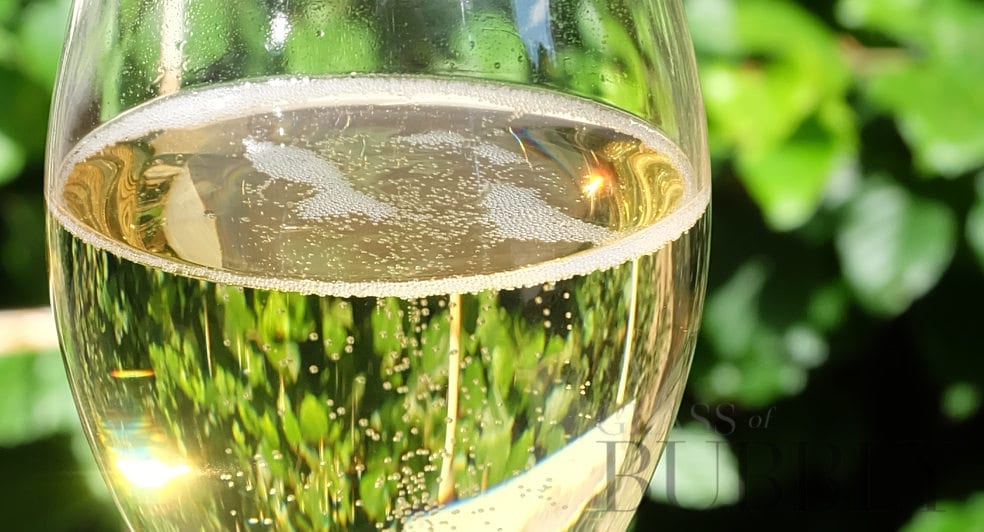Does ‘Simple Wine’ Exist?
26th October 2023

As winter approaches, the weather becomes colder and the days grow shorter. Changes like these ensure that we spend a little more time behind the fireplace and philosophize about what life has to offer us. And sometimes these reflections (in my case) inevitably revolve around wine, especially when you’re gazing into the open fire with a nice glass of wine in your hand. And when you take another sip and peer at the glass, wonders arise naturally. This brought to mind a question that was recently posted to me: is there simple wine?
If we wonder often, the gift of knowledge will come.
(Arapho)
To answer this question we must first consider the concept of ‘simple’. What do we actually mean by simple in this context? To me, it evokes words like ordinary, everyday and uncomplicated. So to rephrase the question: Does uncomplicated wine exist?
The idea of uncomplicated wine only makes sense when contrasted with complex wine. The distinction therefore arises from wines that are simple or non-composed, where each property of the wine is of a single specific kind, making it a clear uniform whole. On the other hand, we have complex or composed wines, where various kinds of properties are combined resulting in a composition rather than a single straightforward entity.
The art of simplicity is a puzzle of complexity.
(Douglas Horton)
Now that we have a clear understanding of what simple and complex mean regarding wine, we could try to answer the question in more depth: Does uncomplicated wine exist? As mentioned earlier, it all comes down to the properties of wine. When I view wine in terms of its properties, I perceive unavoidably a symphony of similarities ánd contradictions, much like in life itself. The wine expresses an endless array of properties, some aligned and explicitly in harmony, while others are more independent and in a certain way sometimes even in opposition. This plethora of properties account for any wine, complex ánd simple wine. The only difference might be the scale on which they relate.
The true test lies in the tasting. What do I experience when tasting wine? Each sip reveals a blend of sour, bitter and sweet flavors, with a tactile sense of ruggedness or silkiness and fragrances that can be both floral and oaky. All in a dance of chaos and order. And when I think of how it has been made, I sense the reflection of both the earth’s bounty and human craftsmanship which contributed to its expression. And viewing wine from a time perspective, we find the fleeting beauty of the present moment, the wisdom of time’s passage and the promise of transformation. Together creating a sense of eternity. In this way, tasting wine becomes a sensual symphony that involves all the senses.
The present moment is the eternal now.
It is the only moment when life really happens.
With each subsequent sip we are reminded that, like wine, our lives are a delicate balance of contrasts. Our deepest understanding of both wine and life emerges when we embrace the interplay of light and shadow, joy and sorrow and the ever-evolving flavors of experience. As such, wine represents the complexities of life. Just as life and the whole of existence aren’t simple occurrences, no wine can be considered simple.
Good vibes!
Corné van Nijhuis
World’s first self-declared Vinosopher
![]()
Corné van Nijhuis
Longing for knowledge and wisdom about the nature of wine and the existential meaning associated with it, which makes him a self-declared vinosopher.
